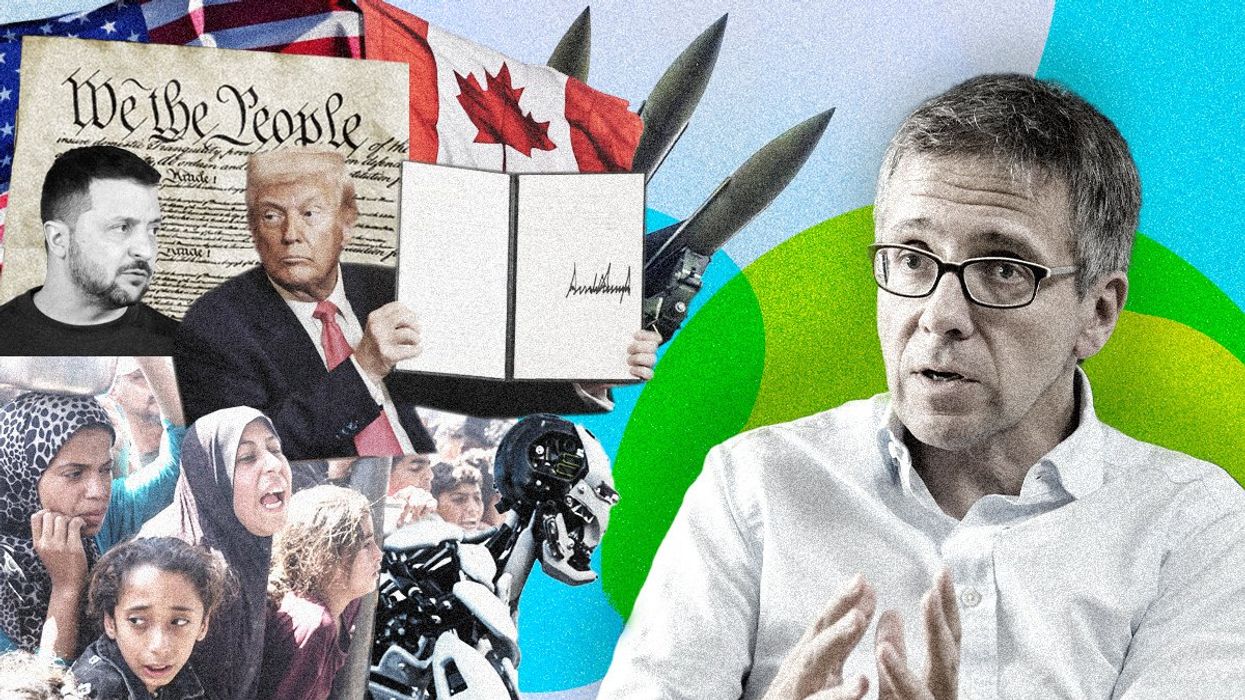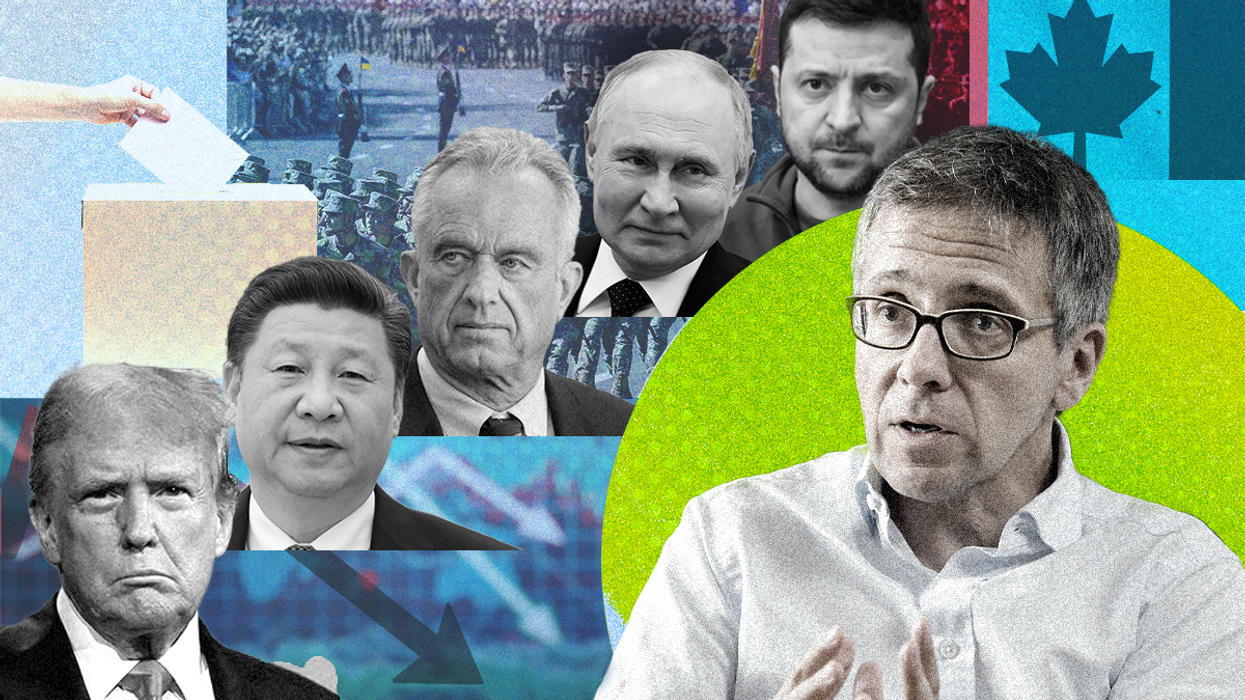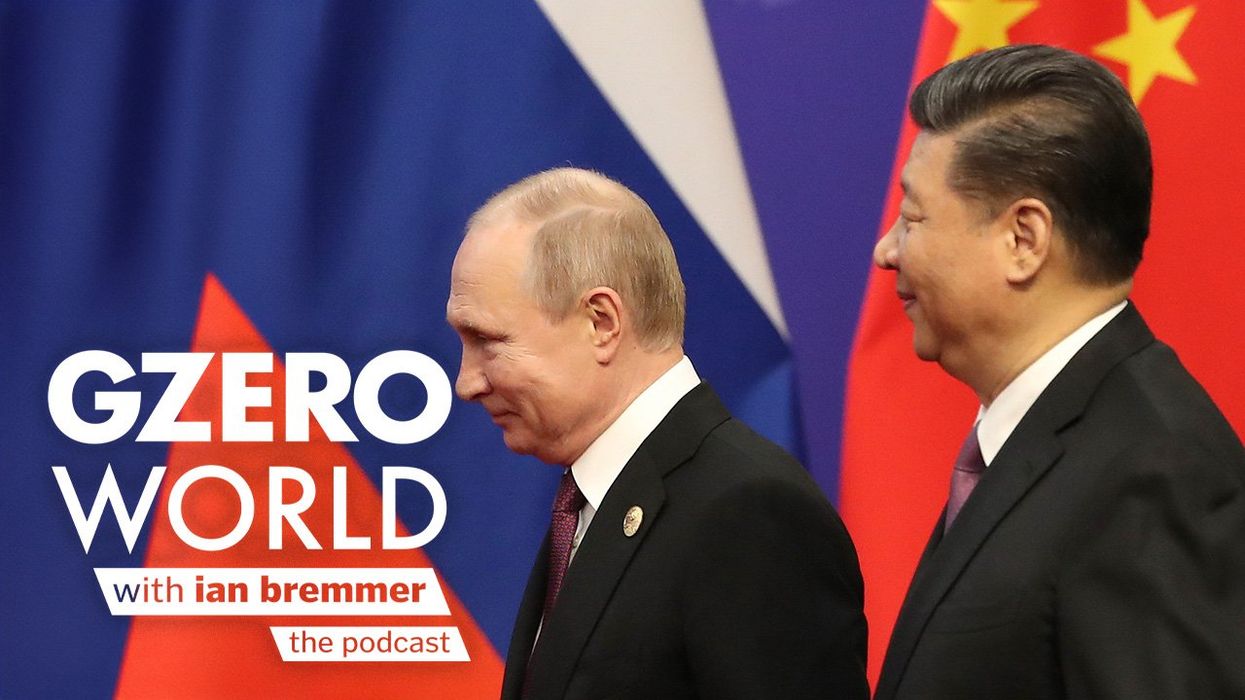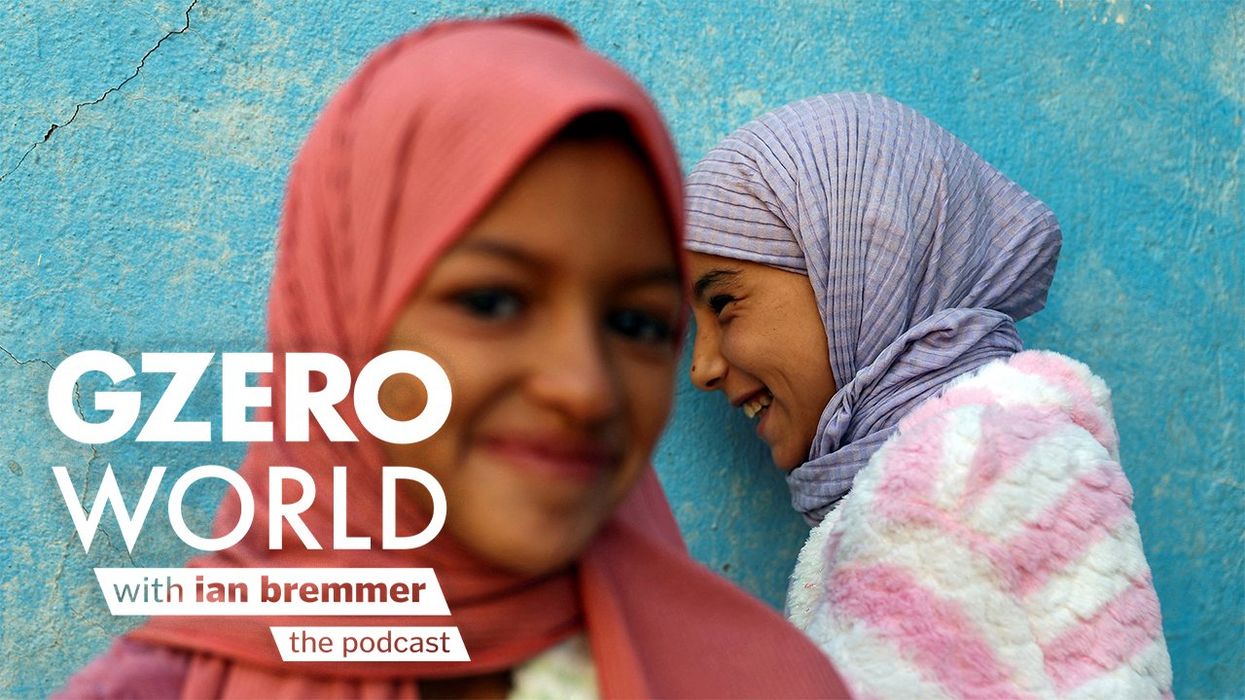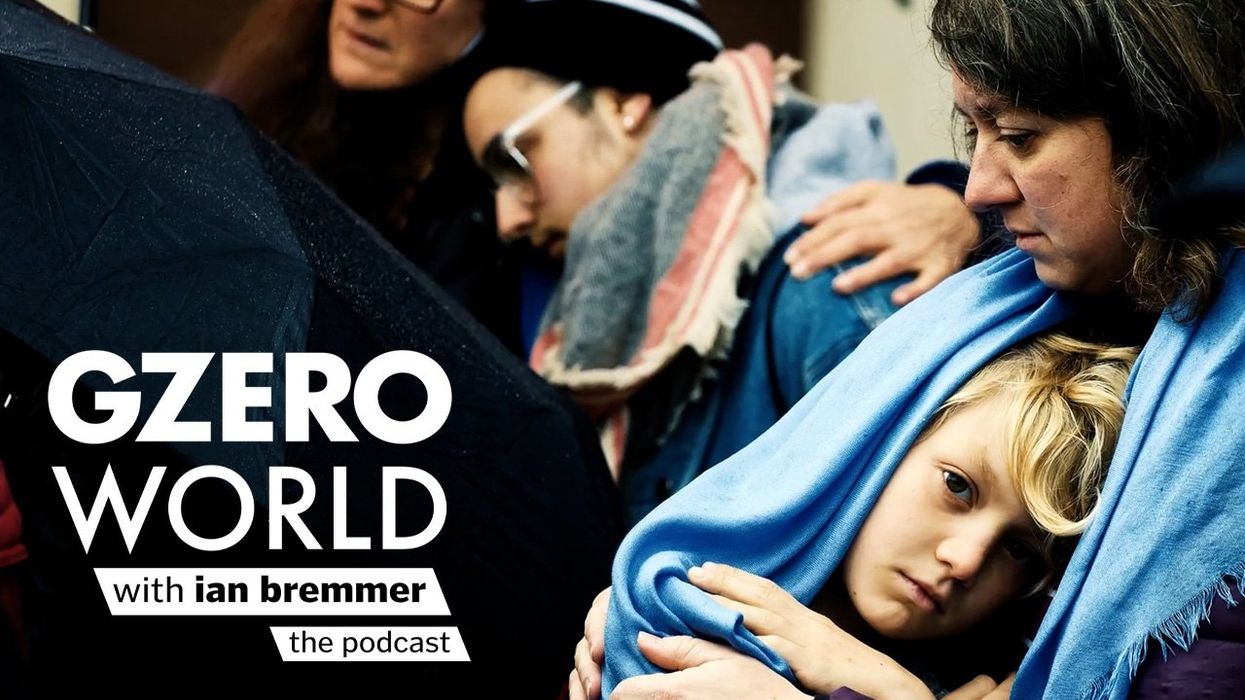by ian bremmer
How Trump fails, nuclearization, geopolitics on AI, and more: Your questions, answered
Welcome to another edition of my mailbag, where I attempt to make sense of our increasingly chaotic world, one reader question at a time.
Apr 30, 2025
